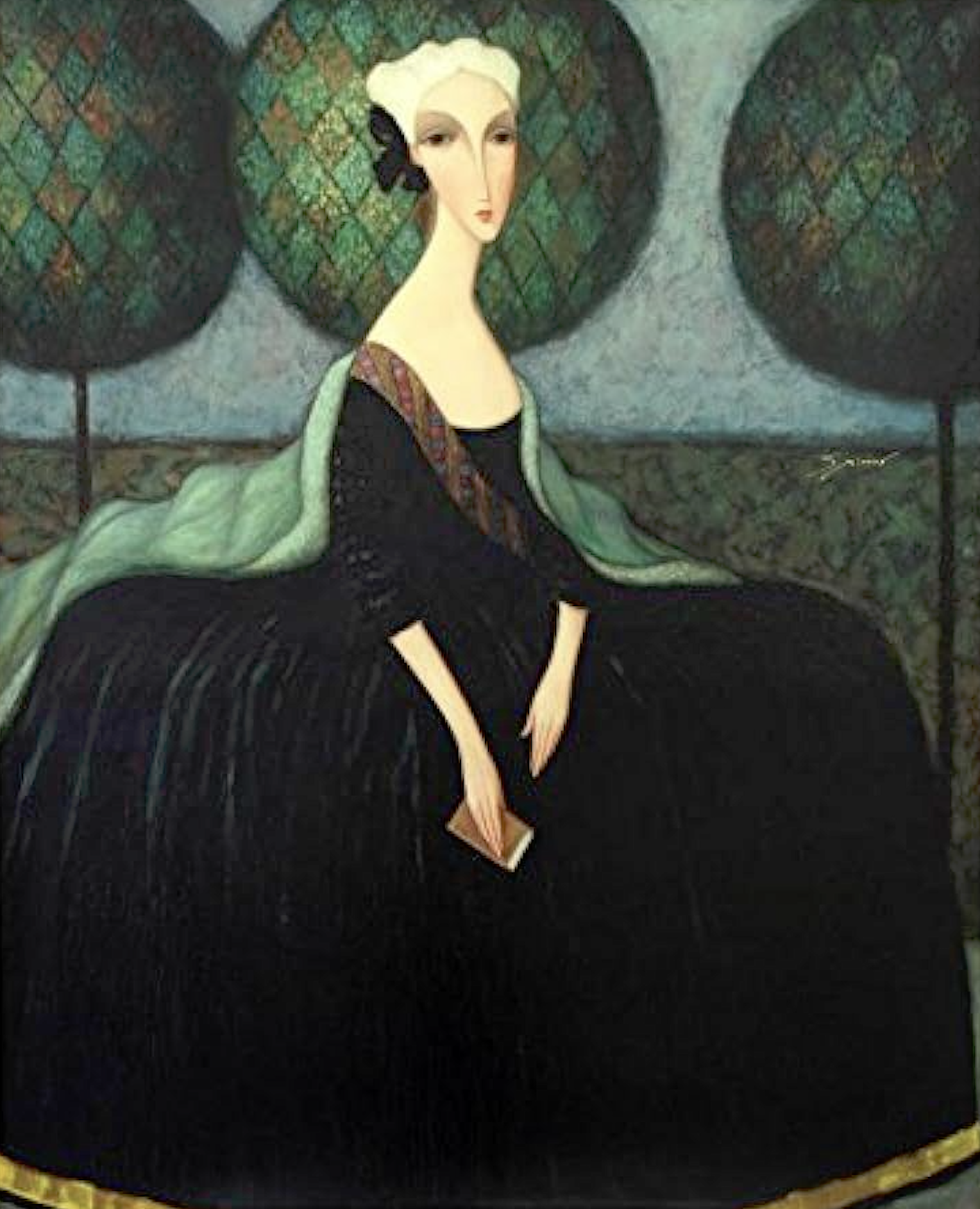
Catherine the Great
She was the longest-reigning female ruler of Russia. Contributor BRENDA WENSIL discovers how this legendary queen used the arts, science and education to create the Age of Enlightenment.

AP
Brenda Wensil
2020-01-01
2020-01-01
Roll Call
https://www.charlatanmagazine.com/Columns/RollCall/
Before the Bolshoi and Red Square, Tchaikovsky and Tolstoy, Russia gave the world a distinctly feminine force. A force that would give the empire its meteoric rise to global relevance in the 18th century and beyond. Her name; Yekaterina Alexeyevna; Catherine the Great.
At a time when Americans ponder the prospect of a woman President in its future, the great lessons of leadership throughout history, as in Catherine II, beg for spotlight. What made her great? What made her legacy linger through the centuries? And what can we take from it these 200 years later? In short, the principles of Catherine’s legacy are timeless; She took command of her realm and her power, using both for a magnificent, larger-than-life purpose. She was keenly aware of the political landscape and played it to her advantage, a skill that not only kept her in power for 34 years but also kept her alive. And Catherine stoked a grand vision for Russia’s place in history, single handedly ushering in the empire’s Golden Age.
Catherine II came to power the old fashioned way; she married into it. But don’t think her path didn’t require extraordinary savvy and hard work. Her ascension was no less taxing than the campaign trail of today as she came to full power following a bloodless coup and assassination of her husband Peter III. All that after 18 years as Queen Consort, catering to her mother-in-law, husband and subjects. But like many leaders of today, what gets one to power (in this case, an orchestrated marriage) isn’t necessarily what keeps one there.
If there was a leadership language in the 18th century, Catherine would likely have said to women everywhere, “you have power, do something with it.” It is common for modern women to wrestle with this notion of power, underestimating and missing opportunities to leverage their positions in society and business. History recognizes Catherine as one of the most remarkable women of all time on this score. She didn’t apologize for having power, nor wonder about it or doubt it. She owned it. She expanded borders southward and westward through conquest and diplomacy to create much of Russia’s current day shape.
But that wasn’t the half of it. Catherine played a masterful game of politics. Which brings up another contentious point for women in leadership roles today; Politics is dirty business and to play any role in it is to engage in something demeaning. Great leaders know the nuances and dynamics of all things happening around them. They know where the power is, how to influence, how to leverage events or prevent them, who to trust and who to watch. Politics in leadership is an essential sixth sense. No one finessed this better than Catherine the Great. Once in the top seat, she worked the environment, surrounding herself with noblemen and generals who carried out her vision and protected her interests. Her ability to marshall support and stay abreast of formal and informal information networks enabled her to expand a nation. And as history whispers, Catherine was not above making every use of her feminine intrigue to get what she wanted. But perhaps given her winning record, time might turn a blind eye to a few of her indiscretions as it has to men throughout the centuries. Greatness, it seems, is seldom unblemished.
And finally, Catherine mastered the ultimate challenge for women throughout the ages; the quest for balance, how to do it all and have it all...all the time. Laboring under the misconception, and perhaps uniquely American ideal, that someone has figured this out, women look for the perfect role model. Not finding it, they often presume the price of high leadership is too high, opting out of the next opportunity. For 18 years, Catherine considered her job as Queen Consort that of making her husband, her mother-in-law and the nation happy. And once she accomplished this she was, in fact, poised for the ultimate challenge of ruling the nation herself. She had three children. She was married more than once, is known for having more than a few lovers, and became a doting grandmother until her death in 1796. She was a prolific writer, spent herself in worthy causes for Russia and served as mediator for the major European countries. She didn’t look for the perfect role model. She played her many roles with patience and confidence, staying true to her vision and priorities. Catherine had some of it part of the time. Some of it all of the time. And some of it none of the time. Over the course of her life, it all balanced out in the end.
Behind every great woman is the confidence to own their power, the savvy to know what’s happening, and the perseverance to hold many priorities in check over the long haul. History is clear on this and one more thing for Americans dreaming of Election 2016. Perhaps we should not ponder whether we’re ready for a woman leader, but why we haven’t jumped in sooner, inviting the inherent strengths of women leaders, that of diplomacy, communication, collaboration and savvy. A look over the shoulder of history shows whether women are up to the challenge. Indeed, they always have been. And the world, at each turn, has been better for it.






